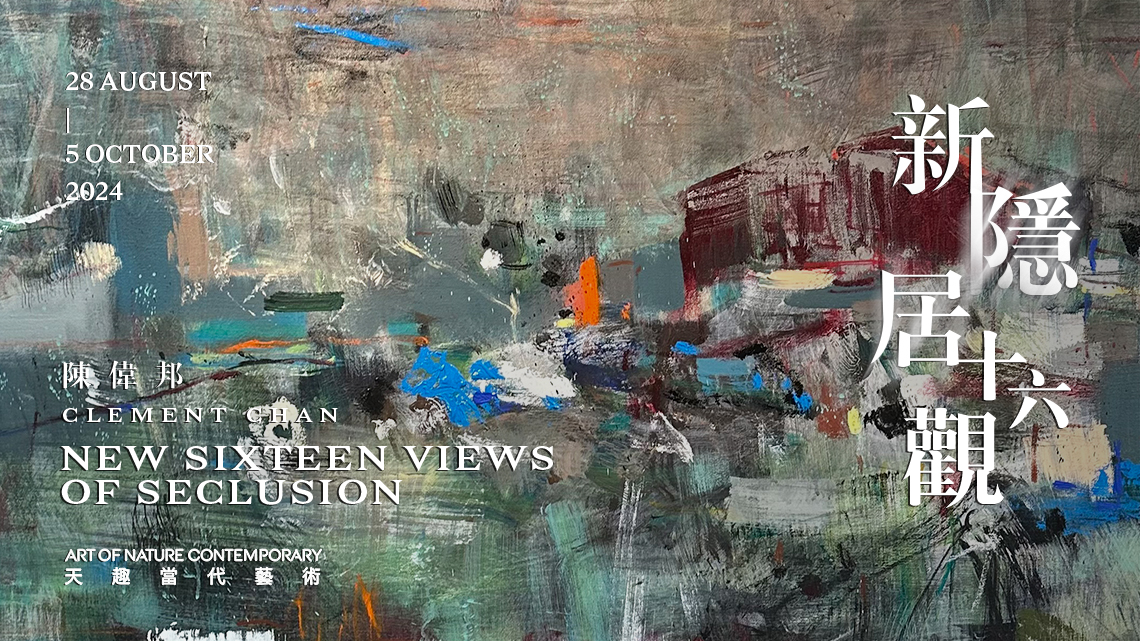CURRENTLY SHOWING
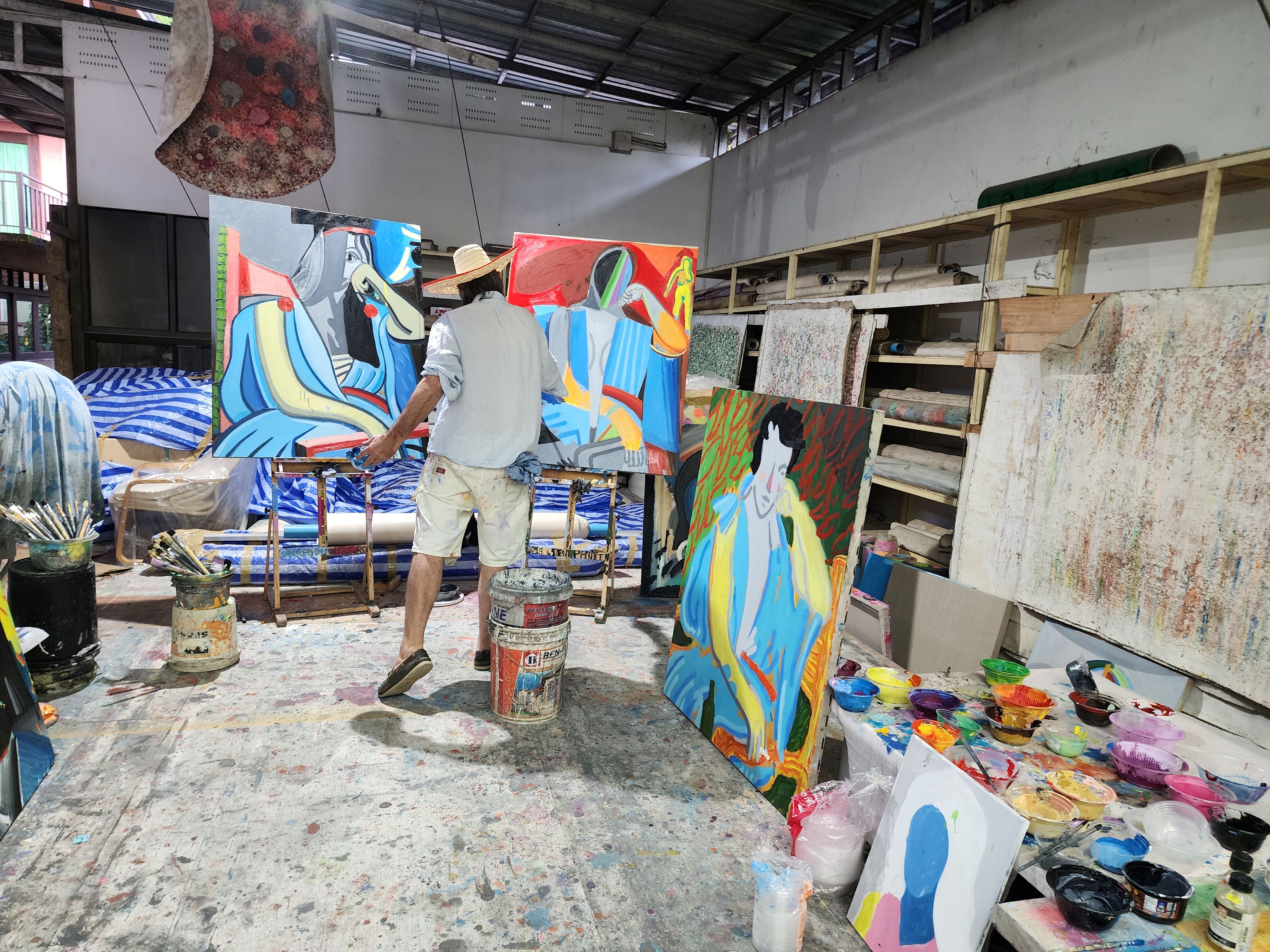
CENTRAL
Spencer Sweeney: Paint
19 Nov – 28 Feb, 2026
Gagosian

CENTRAL
Fung Ming Chip
19 Nov – 10 Jan, 2026
gdm (Galerie du Monde)
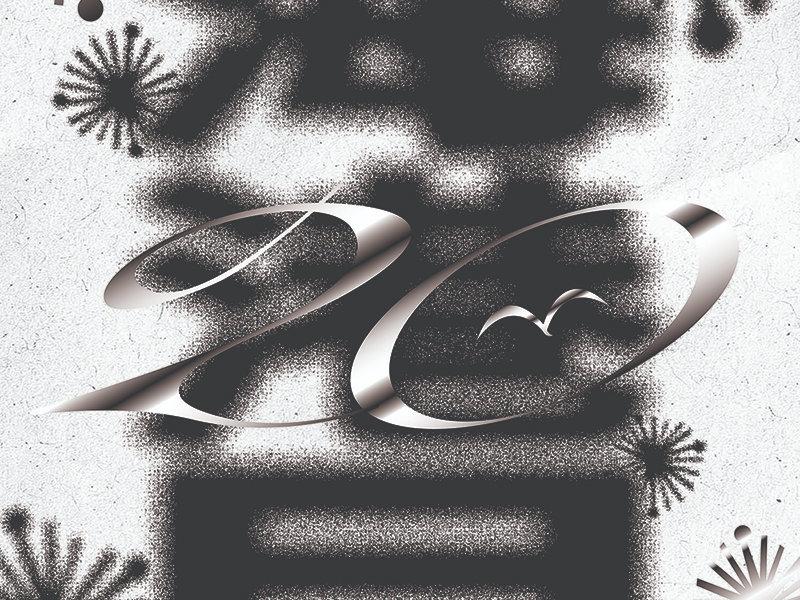
KWUN TONG
Harbour Day
13 Nov – 7 Dec, 2025
WURE AREA
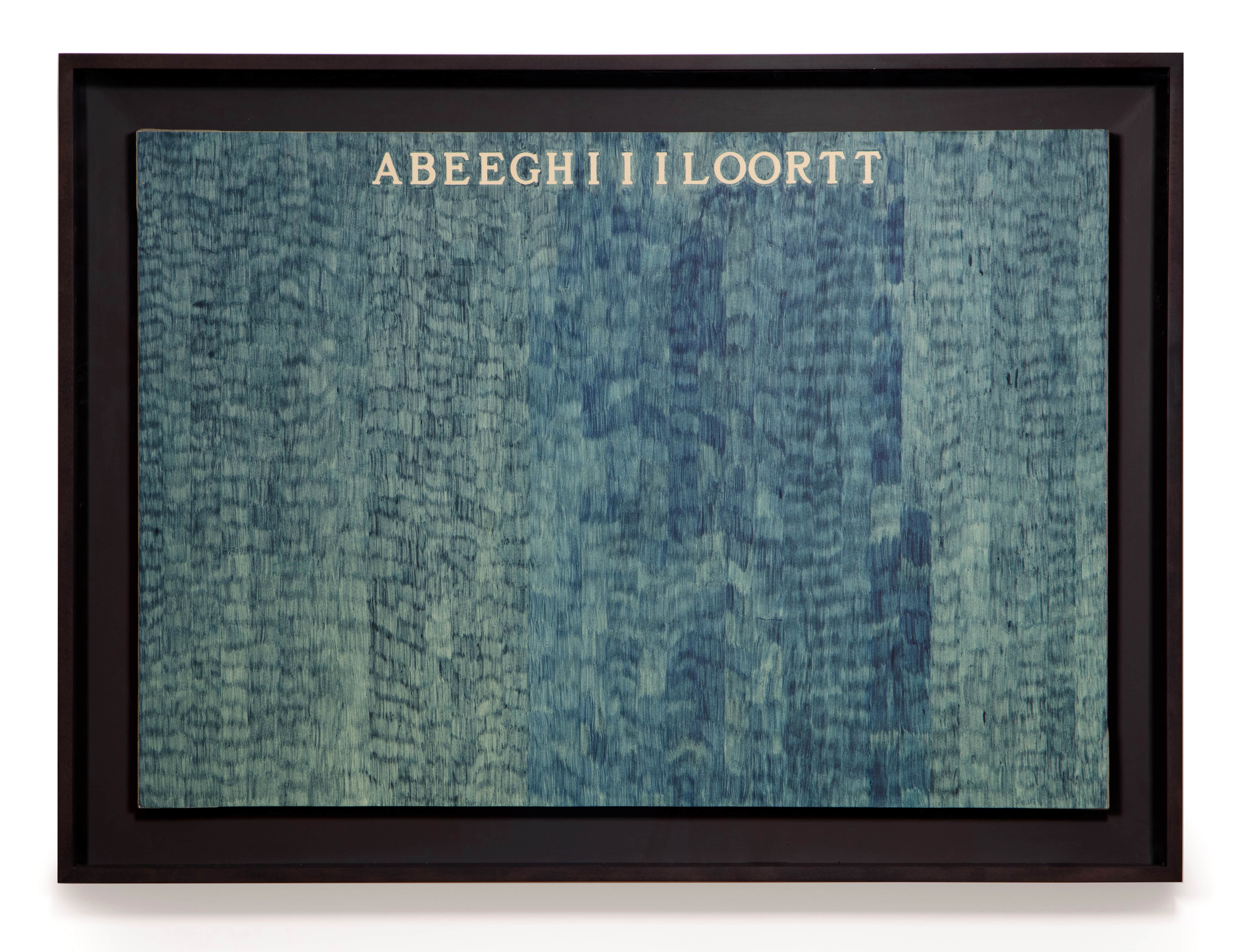
SOUTHERN
ALIGHIERO E BOETTI ONONIMO
12 Nov – 14 Feb, 2026
Ben Brown Fine Arts

CENTRAL
Cats in a Floating World
10 Nov – 31 Dec, 2025
I.F. Gallery

SOUTHERN
Moments | Ryan Cheng x Yuko Fukuba Johnsson
8 Nov – 31 Jan, 2026
wamono art
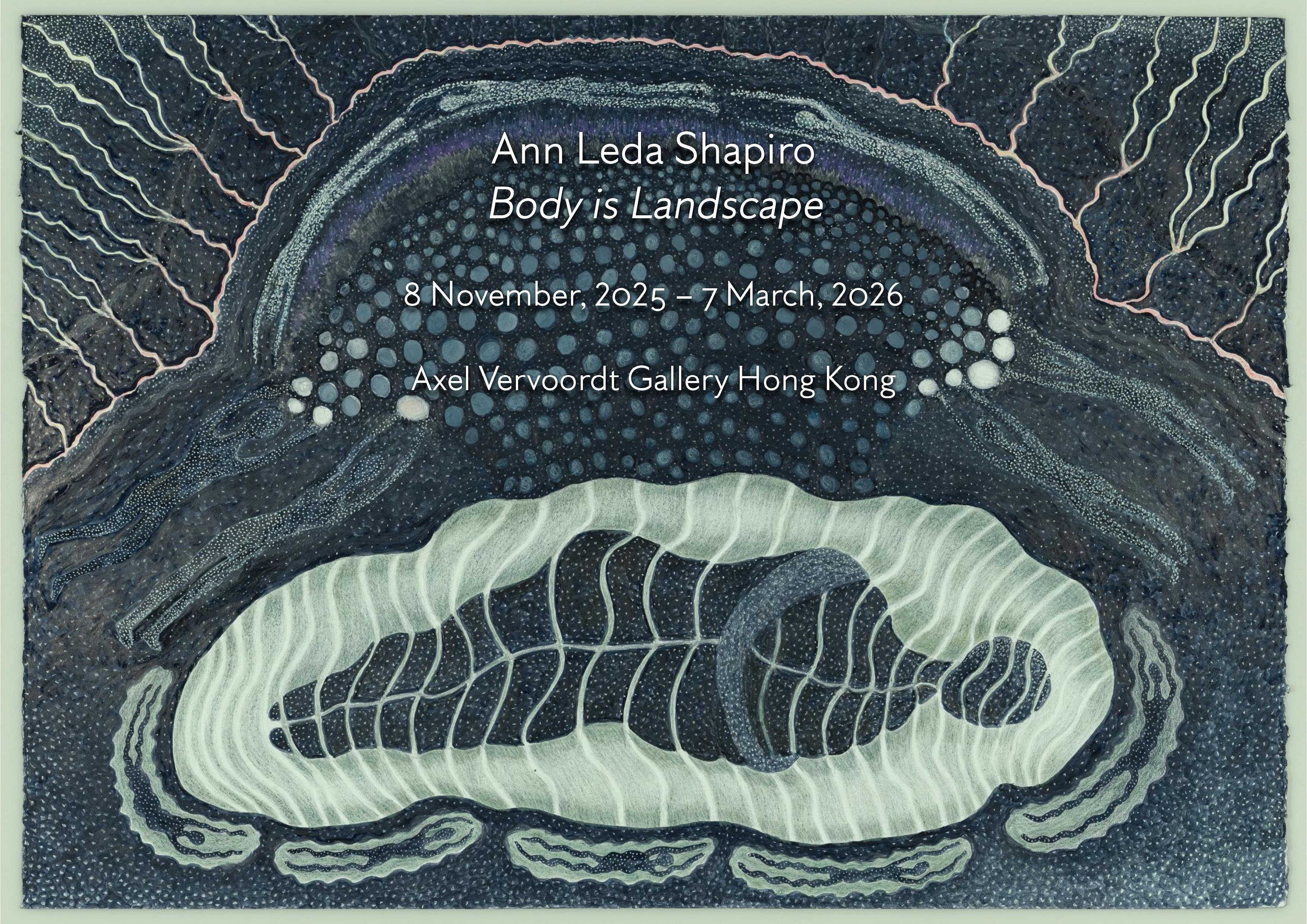
SOUTHERN
Ann Leda Shapiro: Body is Landscape
8 Nov – 7 Mar, 2026
Axel Vervoordt Gallery
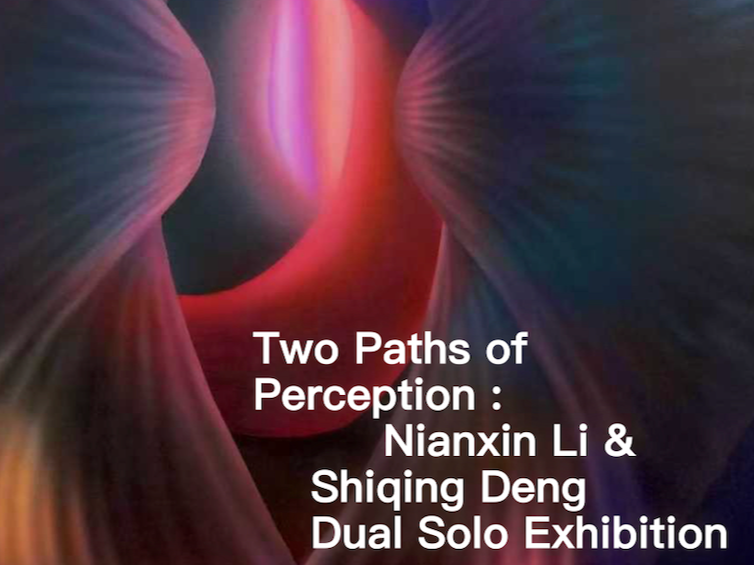
CENTRAL
Two Paths of Perception: Shiqing Deng & Nianxin Li Dual Solo Exhibition
8 Nov – 13 Dec, 2025
Tang Contemporary Art (Central)
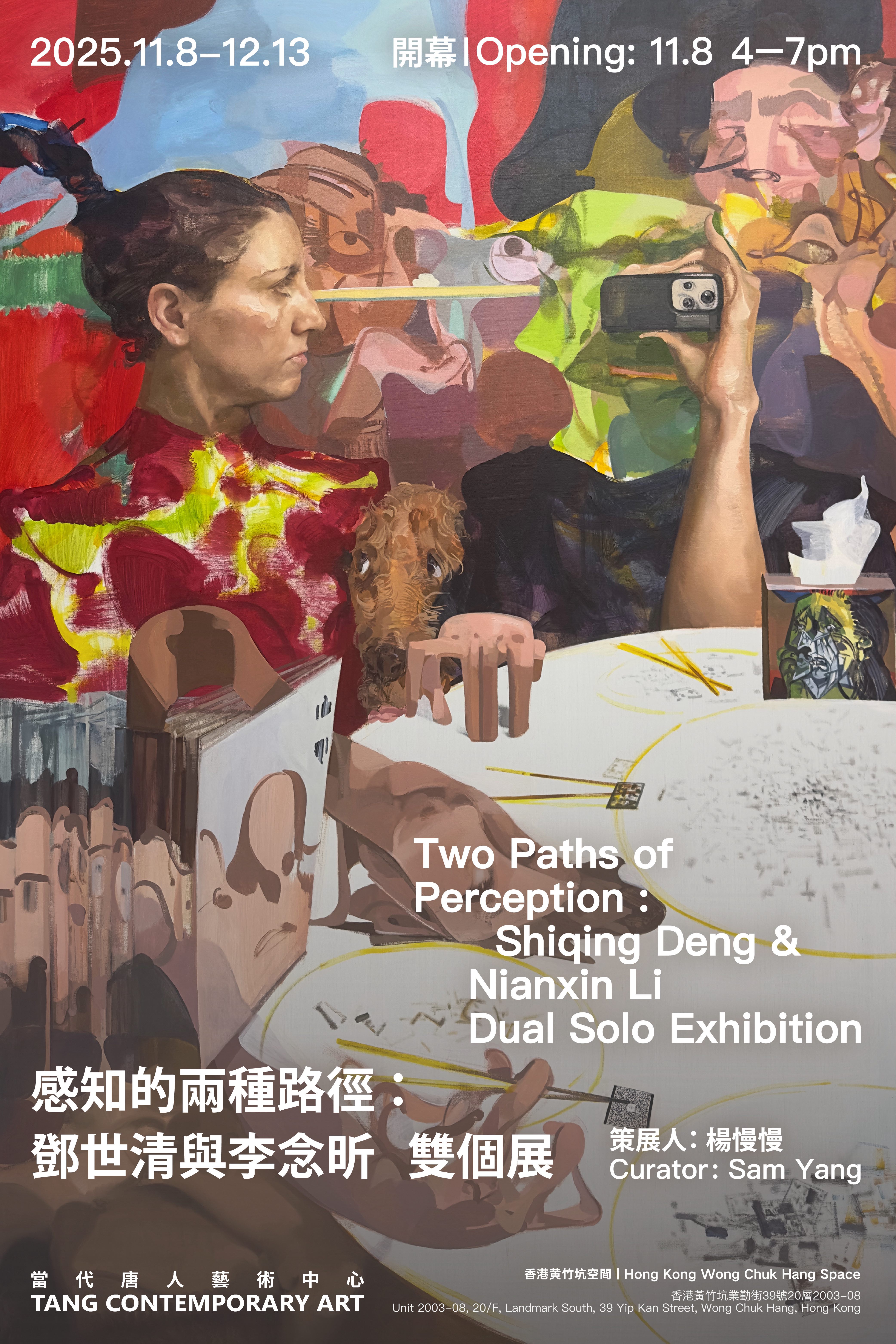
SOUTHERN
Two Paths of Perception: Shiqing Deng & Nianxin Li Dual Solo Exhibition
8 Nov – 13 Dec, 2025
Tang Contemporary Art (Wong Chuk Hang)
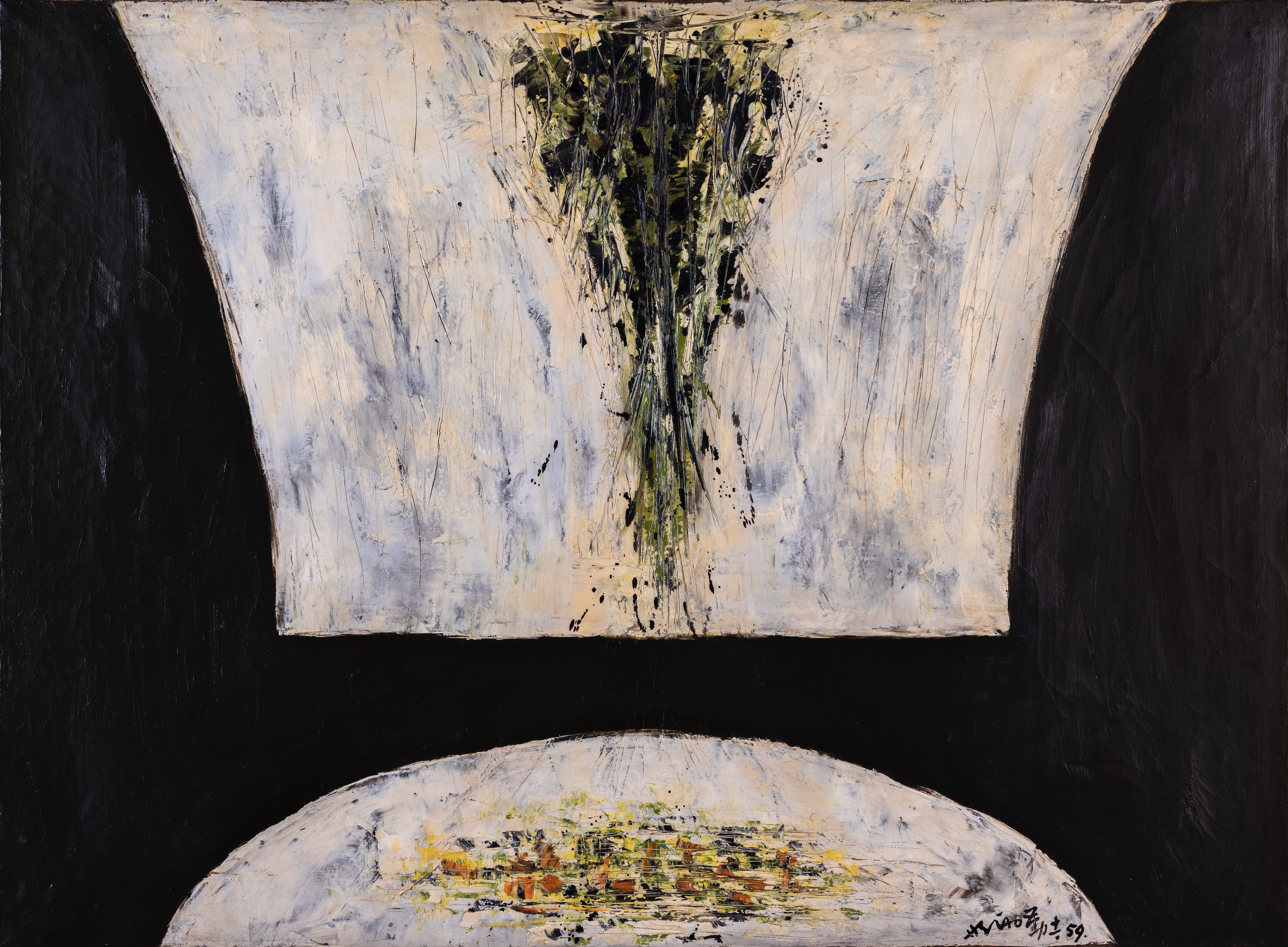
CENTRAL
Hsiao Chin Archives - The Light of Hope Exhibition
7 Nov – 31 Dec, 2025
3812 Gallery

WAN CHAI
Subrisio Saltat
7 Nov – 24 Dec, 2025
Kiang Malingue

SOUTHERN
Jacky Tao Solo Exhibition: Ecstasy
1 Nov – 13 Dec, 2025
SC Gallery

SOUTHERN
Wei Wei, anybody home?
1 Nov – 30 Nov, 2025
a Gallery
SHEUNG WAN
Woo Jong-Taek: Between Matter and Soul
23 Oct – 22 Nov, 2025
Soluna Fine Art
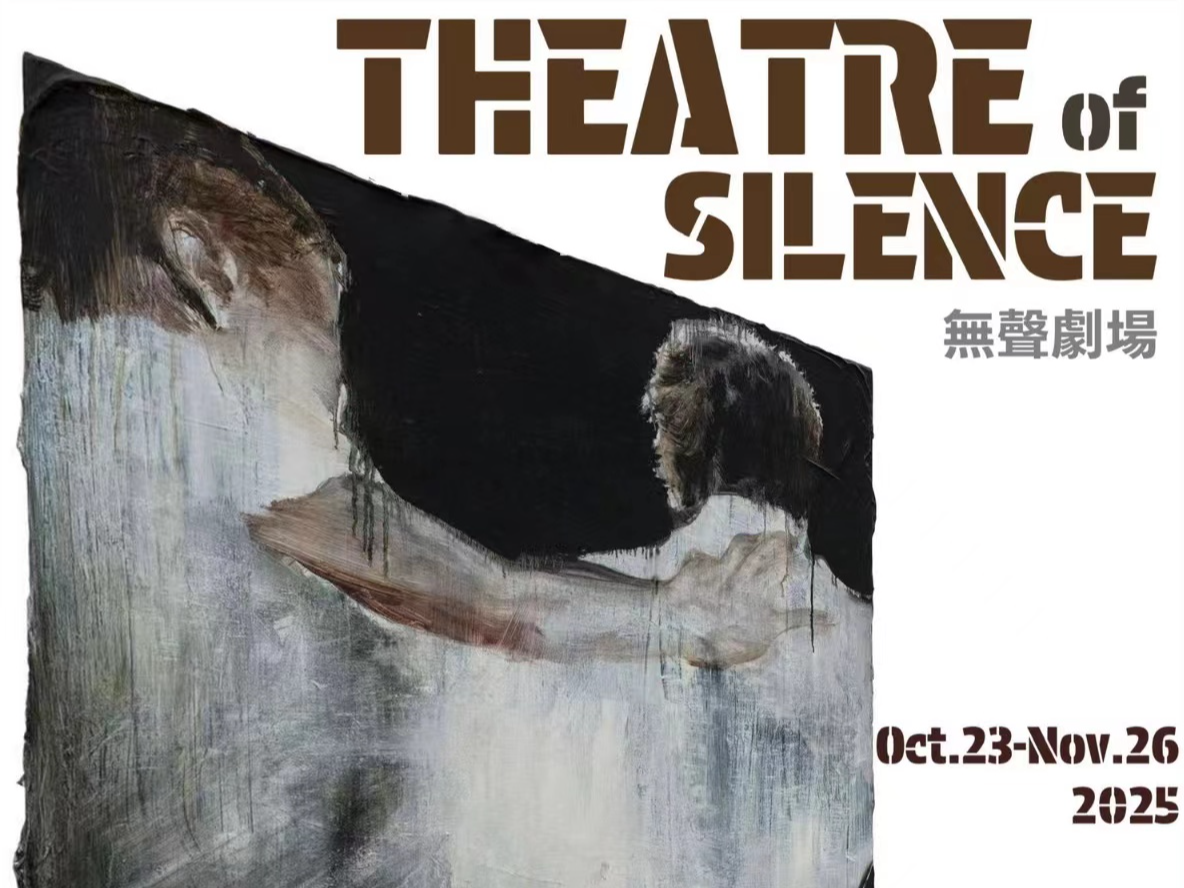
SHEUNG WAN
Chen Hongzhi: Theatre of Silence
23 Oct – 26 Nov, 2025
Leo Gallery
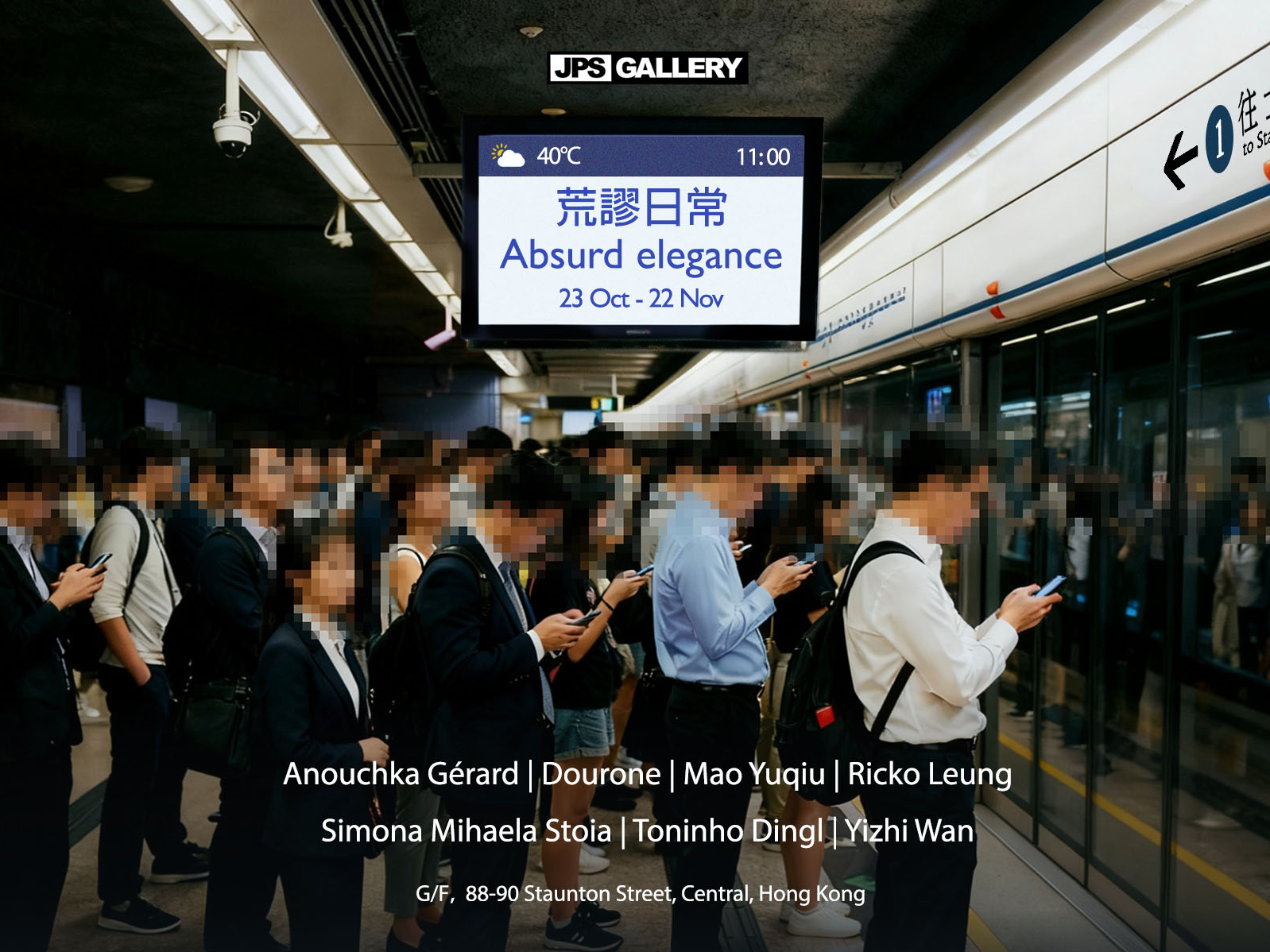
CENTRAL
Absurd Elegance
23 Oct – 22 Nov, 2025
JPS Gallery

SHEUNG WAN
SWAG
23 Oct – 29 Nov, 2025
Contemporary by Angela Li
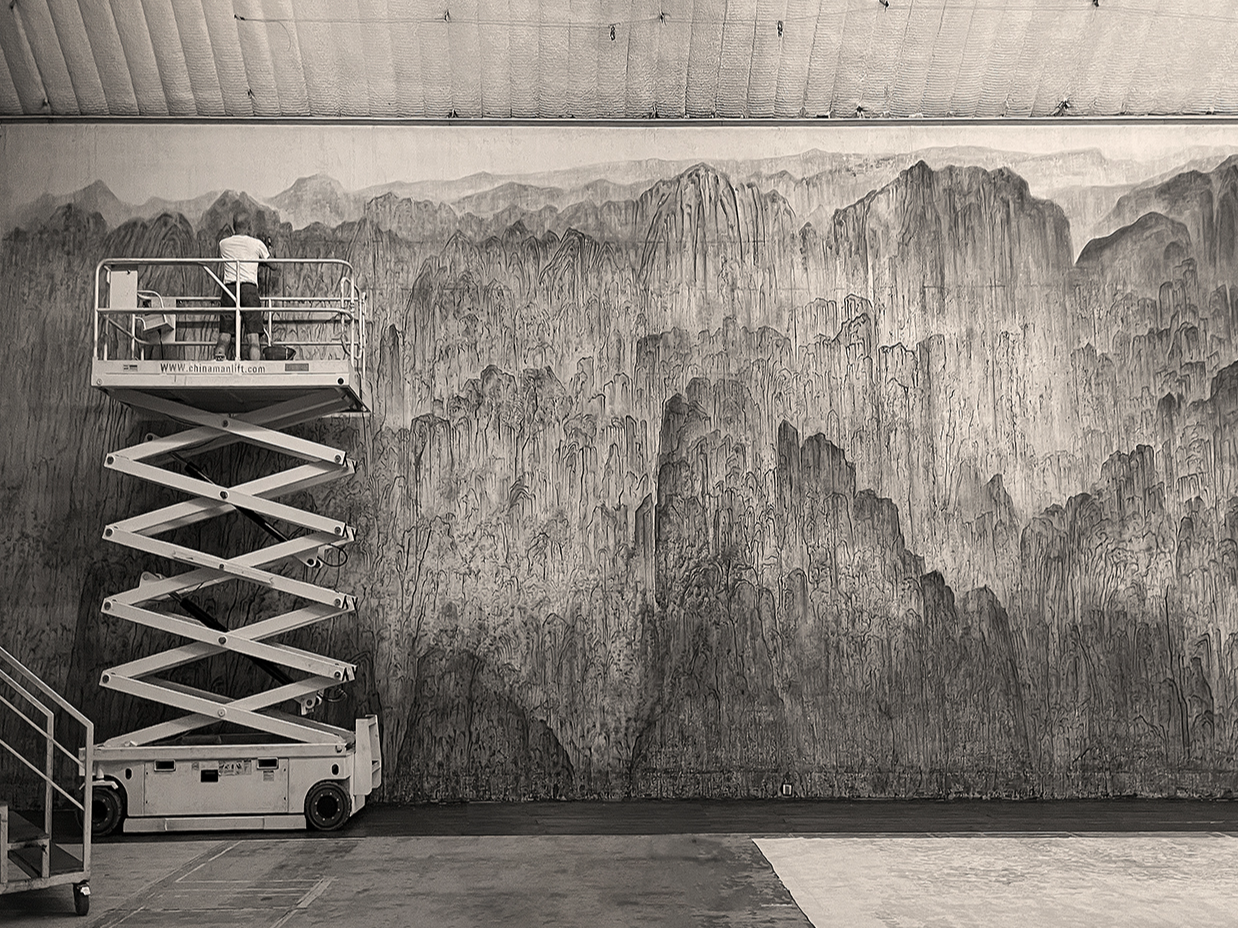
KWAI TSING
Misty Aura: XU Longsen
4 Oct – 22 Nov, 2025
Hanart TZ Gallery

CENTRAL
Maria Lassnig. Self with Dragon
26 Sep – 28 Feb, 2026
Hauser & Wirth
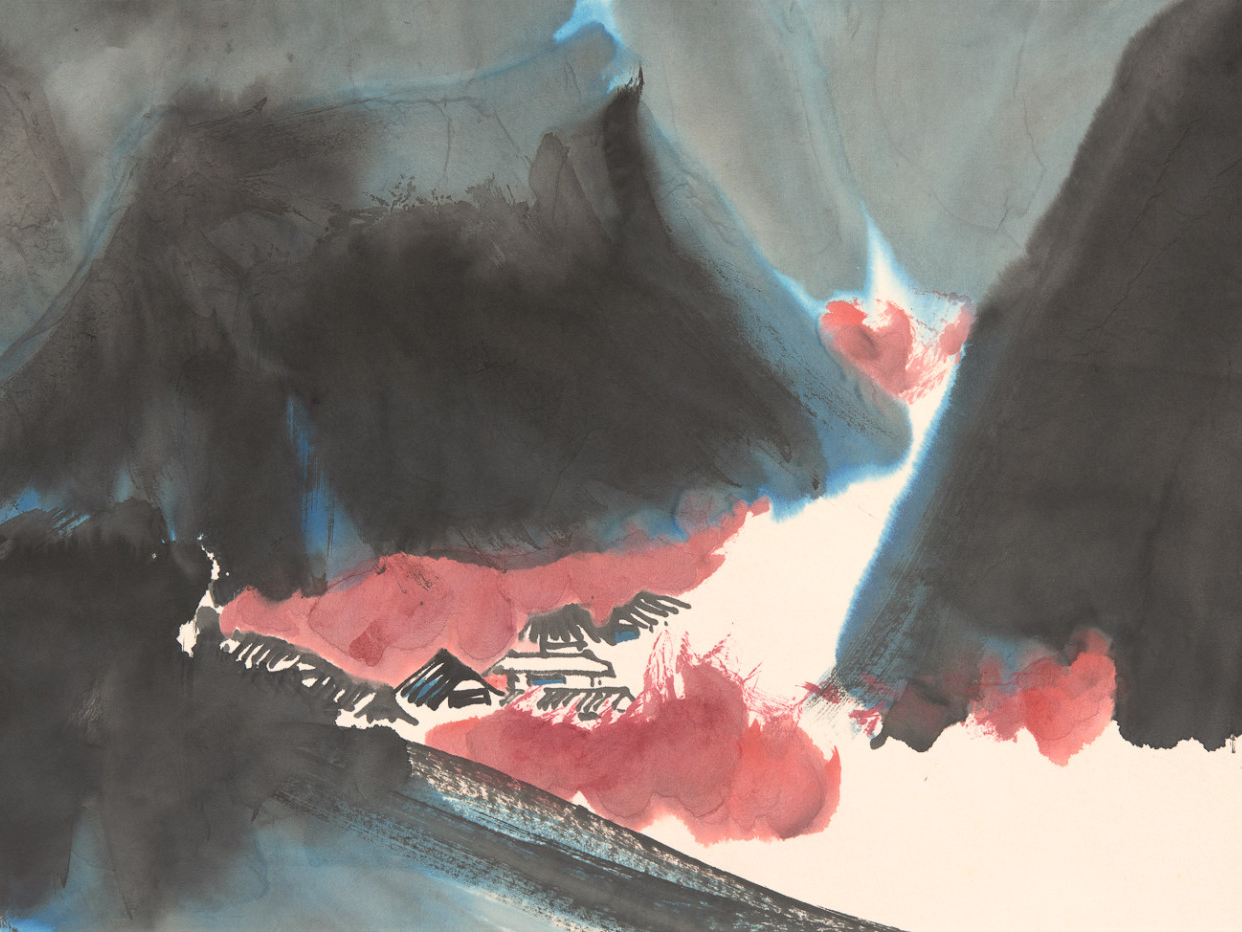
CENTRAL
Lui Shou-kwan: Artist Teacher Scholar
25 Sep – 6 Dec, 2025
Alisan Fine Arts
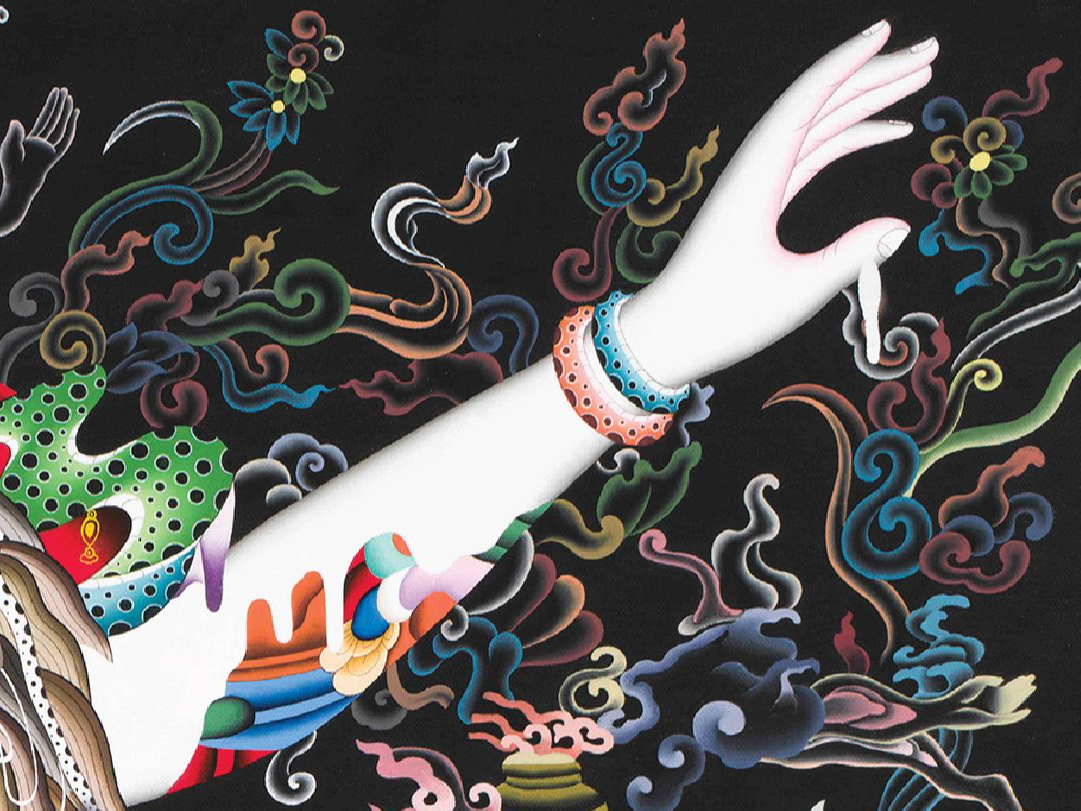
SOUTHERN
Hello Darkness...My Old Friend
20 Sep – 22 Nov, 2025
Rossi & Rossi
OPENING SOON
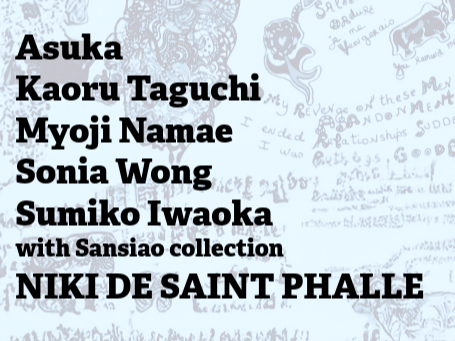
CENTRAL
Lomi
20 Nov – 19 Dec, 2025
Sansiao Gallery HK

SOUTHERN
Life Record II
21 Nov – 24 Jan, 2026
Sin Sin Fine Art
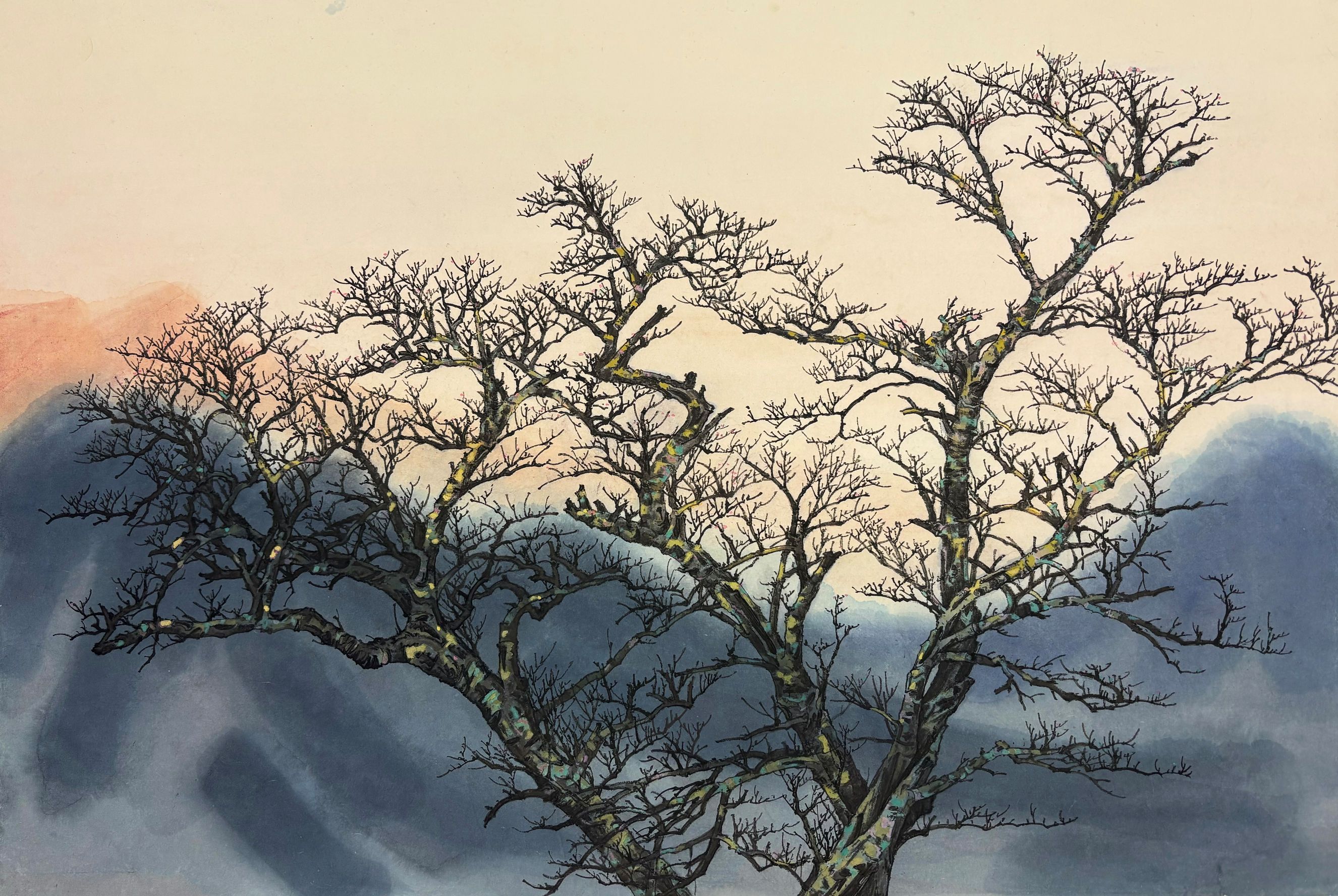
SOUTHERN
Spirit in Flux
22 Nov – 31 Jan, 2026
Alisan Atelier
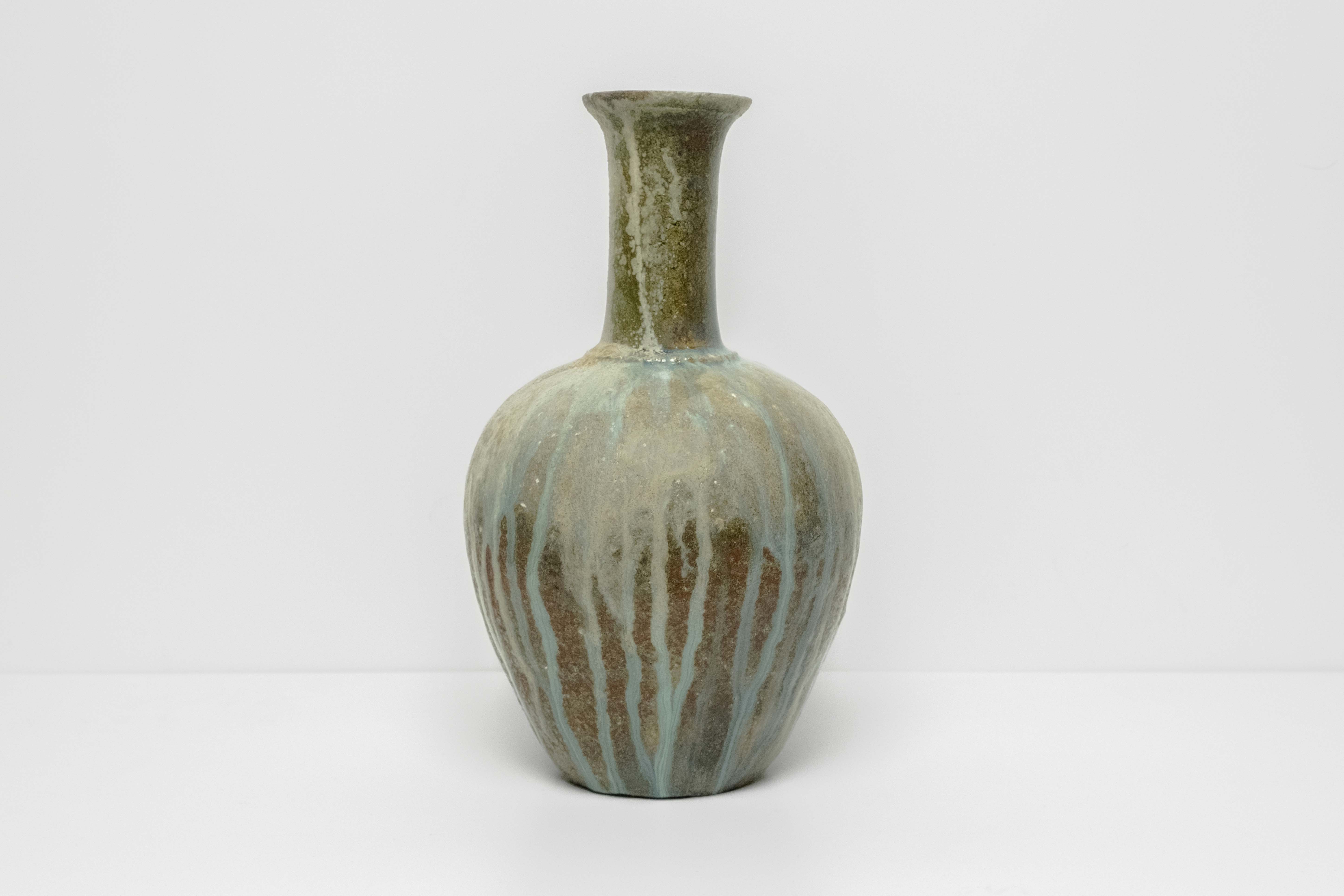
SOUTHERN
Forms of Becoming
22 Nov – 3 Jan, 2026
WKM Gallery

SHEUNG WAN
Stuart Pearson Wright - Roadkill
27 Nov – 3 Jan, 2026
Flowers Gallery

SAI WAN (WESTERN)
MADAM I'M ADAM
27 Nov – 17 Jan, 2026
HART HAUS

SHEUNG WAN
Jasmine Mansbridge: Kaleidoscope City
4 Dec – 17 Jan, 2026
Soluna Fine Art
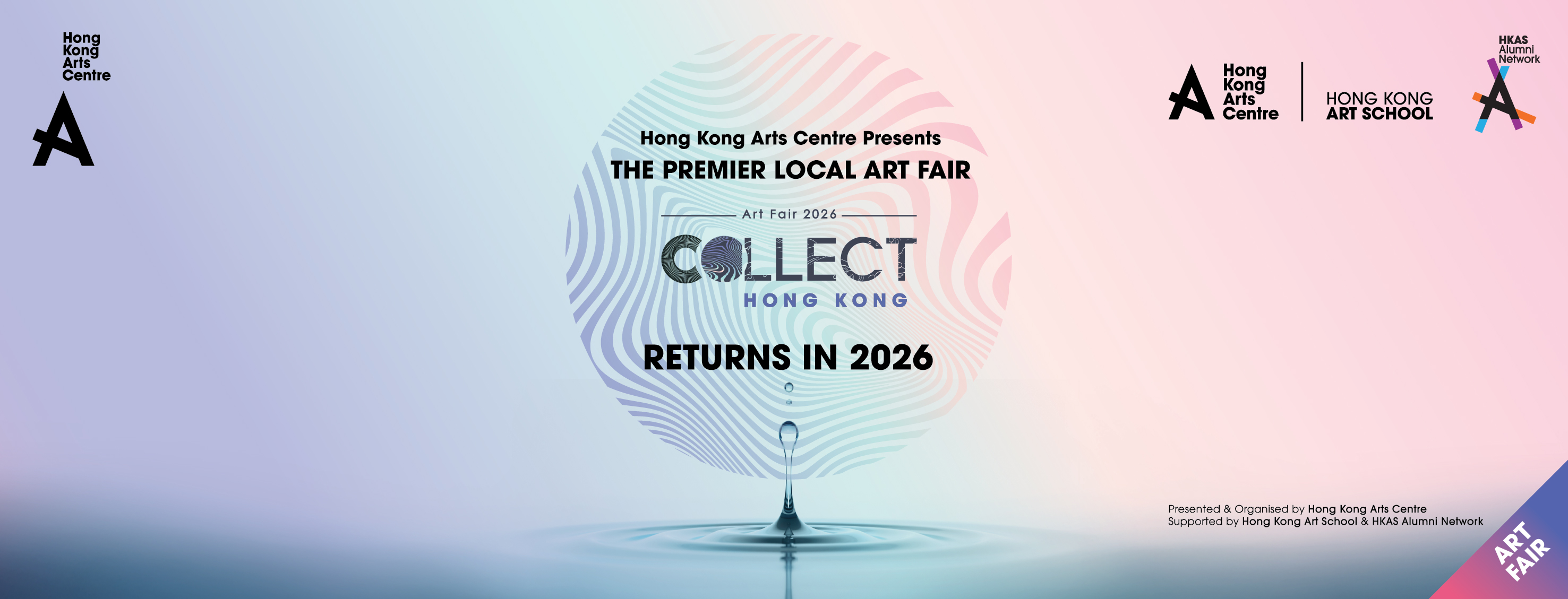
WAN CHAI
Collect Hong Kong Art Fair 2026
21 Mar – 29 Mar, 2026
Hong Kong Arts Centre
Clement Chan: New Sixteen Views of Seclusion
28 Aug – 5 Oct, 2024
Art of Nature Contemporary (Central)
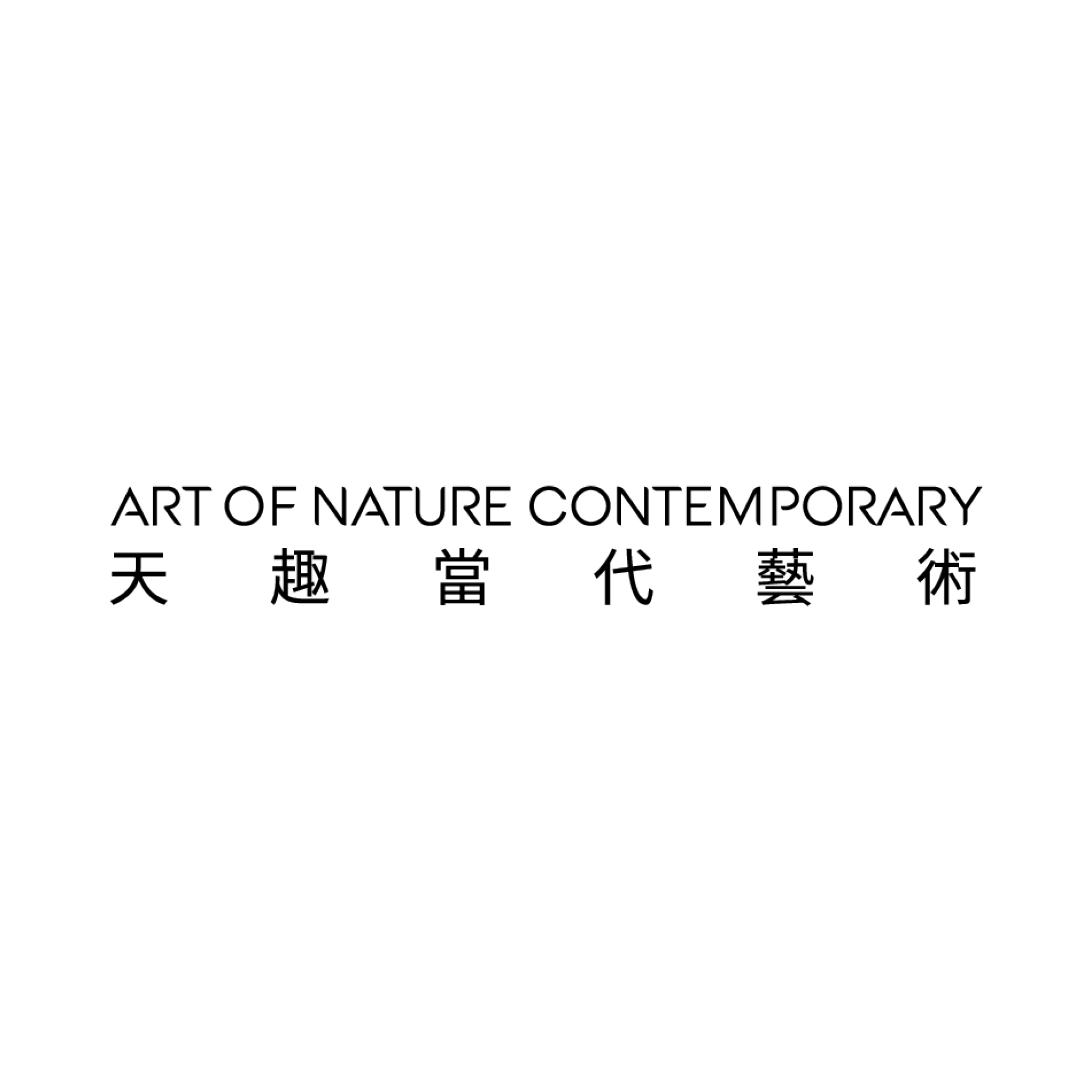
Art of Nature Contemporary (Central)
Address: 2/F, New World Tower II, 18 Queen's Road Central, Central
Opening Hours: Mon–Sat 10am–7pm
Phone: +852 2493 7236
Email: info@aoncontemporary.com
Website: http://www.aoncontemporary.com/


